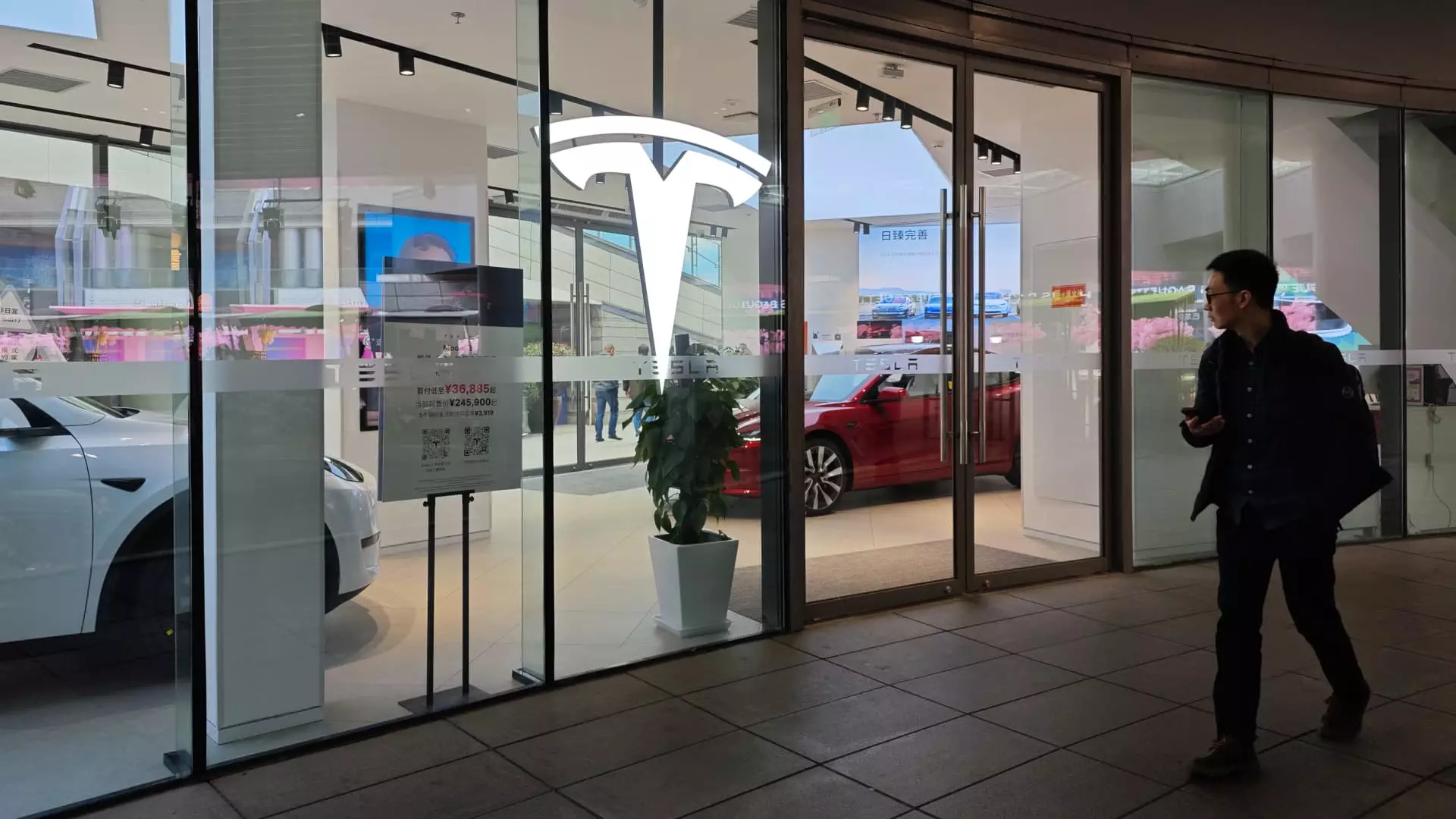The recent price reductions made by Tesla and Li Auto have had a significant impact on the market share of both companies. Tesla cut the starting price of its Model 3 in China by 14,000 yuan, while Li Auto reduced prices for several models up to 30,000 yuan. These price cuts were aimed at increasing competitiveness in the electric vehicle market.
Following the price reductions, Tesla shares sank 3% in premarket trading, and Li Auto’s stock plummeted to an 11-month low. The Hong Kong-listed shares of Li Auto fell 8.3%, indicating investor concerns about the company’s ability to compete in the market. Other Chinese EV makers like Nio, Xpeng, and BYD also experienced a decline in their stock prices.
The price reductions come at a time when the competition in China’s EV market is intensifying. Local automakers are pushing to outsell U.S. rival Tesla by offering innovative technologies and competitive pricing strategies. The goal for Chinese EV makers is to take the crown from Tesla and establish dominance in the market.
Eugene Hsiao, head of China equity strategy at Macquarie Group, highlighted that price discounts are just one aspect of the strategies employed by big EV players in China. These companies are preparing for the upcoming wave of industry consolidation by implementing various tactics to stay competitive in the market. The intense competition in China’s auto market has prompted companies to rethink their pricing and marketing strategies.
The emergence of Chinese EV makers like Xiaomi, which launched its SU7 electric car priced $4,000 lower than Tesla’s Model 3, indicates the growing competitiveness of local companies. Xiaomi’s entry into the EV market poses a challenge to established players like Tesla and Li Auto. The company’s claim of a longer driving range for its new car highlights the focus on innovation and technology in the Chinese EV market.
The price reductions by Tesla and Li Auto reflect the fierce competition in China’s EV market. These companies are adjusting their pricing strategies to stay relevant and competitive in an industry that is experiencing rapid growth and transformation. The market response to these price cuts indicates the challenges that companies face in differentiating themselves and maintaining their market share in the highly competitive Chinese electric vehicle market.

